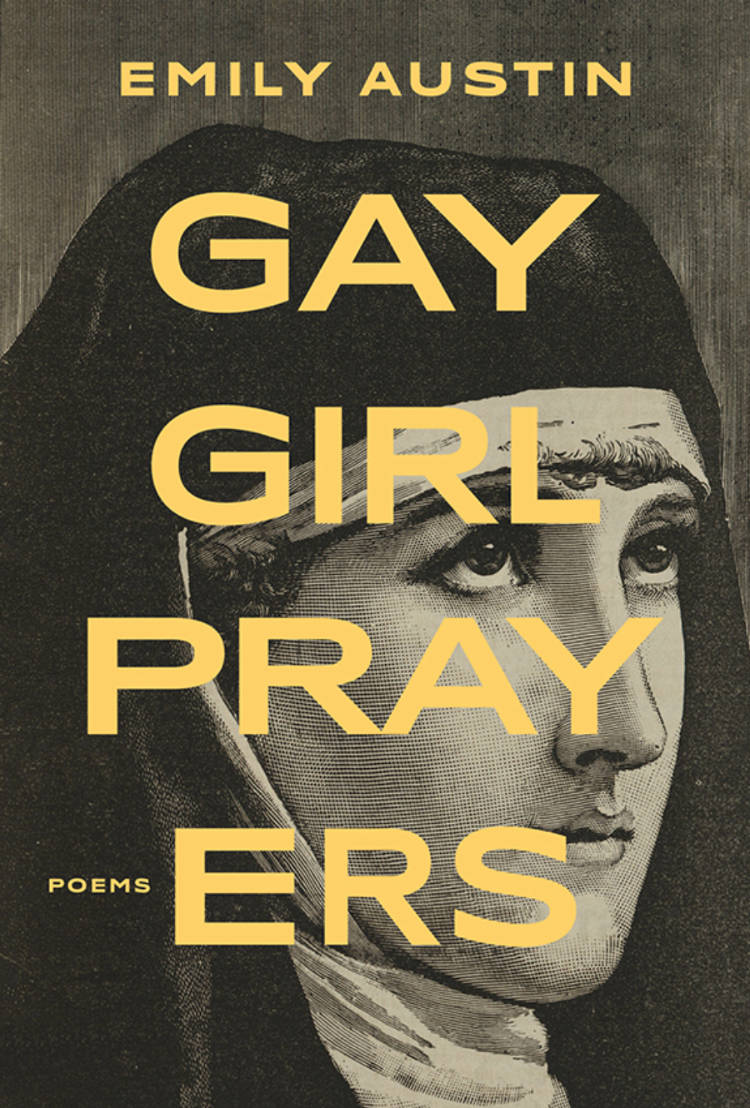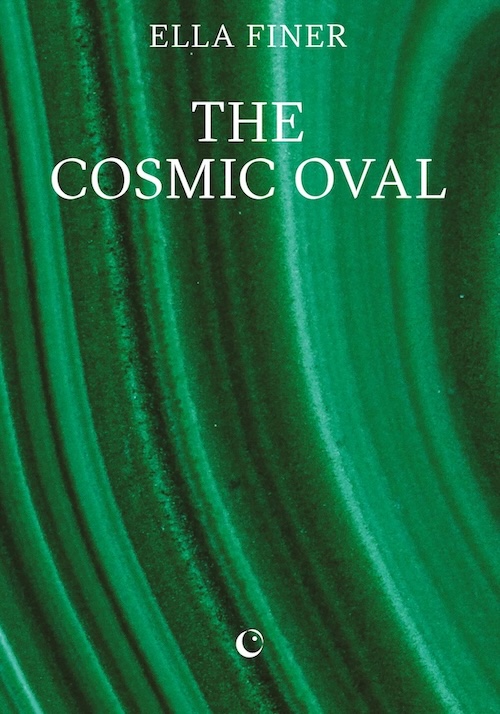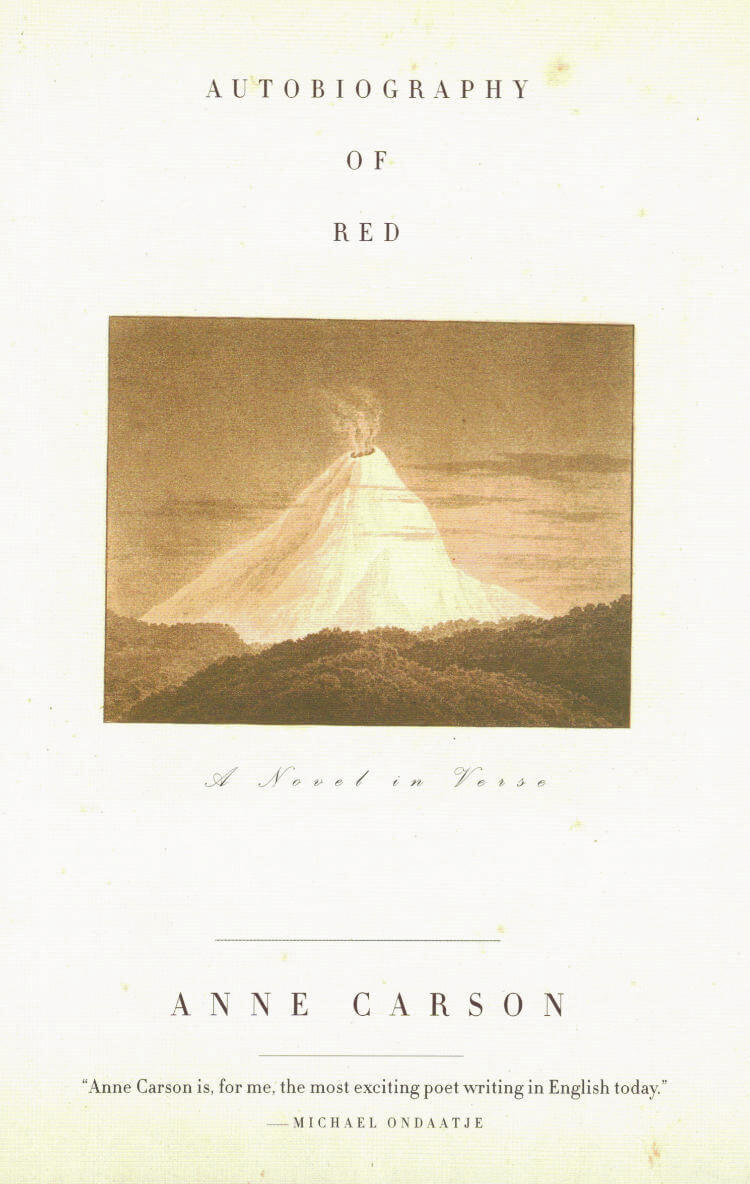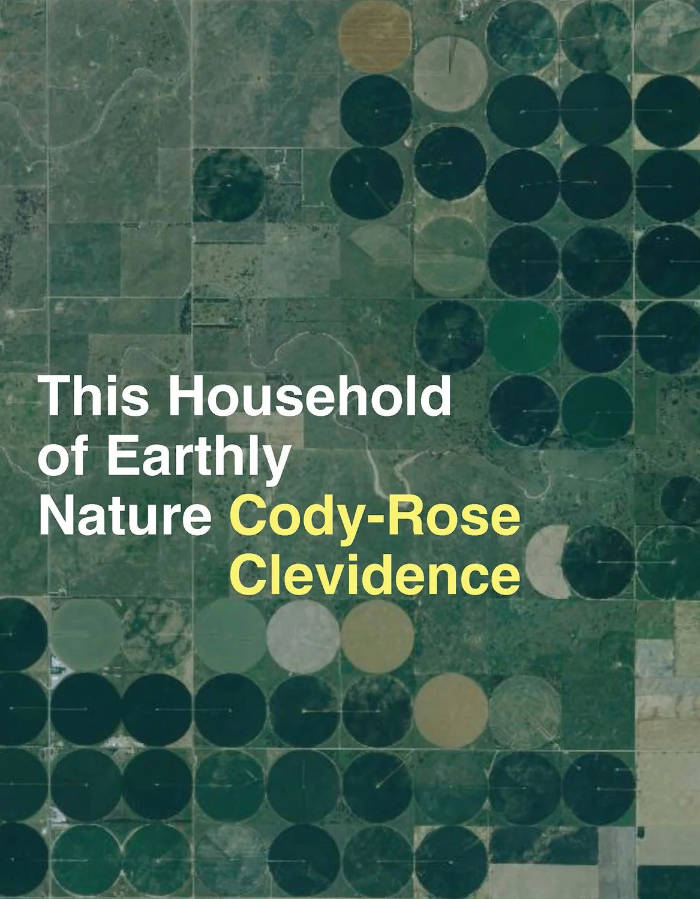A collection of poetry reclaiming Catholic prayers and biblical passages to empower girls, women, and members of the LGBTQIA+ community.
The extreme level of sass in Emily Austin’s Gay Girl Prayers does not mean that this collection is irreverent. On the contrary, in rewriting Bible verses to affirm and uplift queer, feminist, and trans realities, Austin invites readers into a giddy celebration of difference and a tender appreciation for the lives and perspectives of “strange women.”
Packed with zingy one liners, sexual innuendo, self-respect, U-Hauling, and painfully earnest declarations of love, this is gayness at its best, harnessed to a higher purpose and ready to fight the powers that be.
"Gay Girl Prayers offers a template for queer resistance to religious doctrine in revised Bible verses. Emily Austin has forged an unholy hymnal, a book of praise songs that shuck off stuffy Christian constraints to embrace instead unrepentant joy. She redefines Heaven not as a place for the puritanical, but rather a series of intimate moments between queer girls ‘who take lamps to one another’s bed chambers' and reimagines, through erotic apocrypha, divinity inclusive of ‘the curious… the closeted… the butches… the femmes… bisexuals, pansexuals… all queer trans people.’ Gay Girl Prayers is a renunciation of orthodoxy, a proclamation of queer solidarity, and a celebration of self-love."
—Evelyn Berry, author of Grief Slut and Buggery








